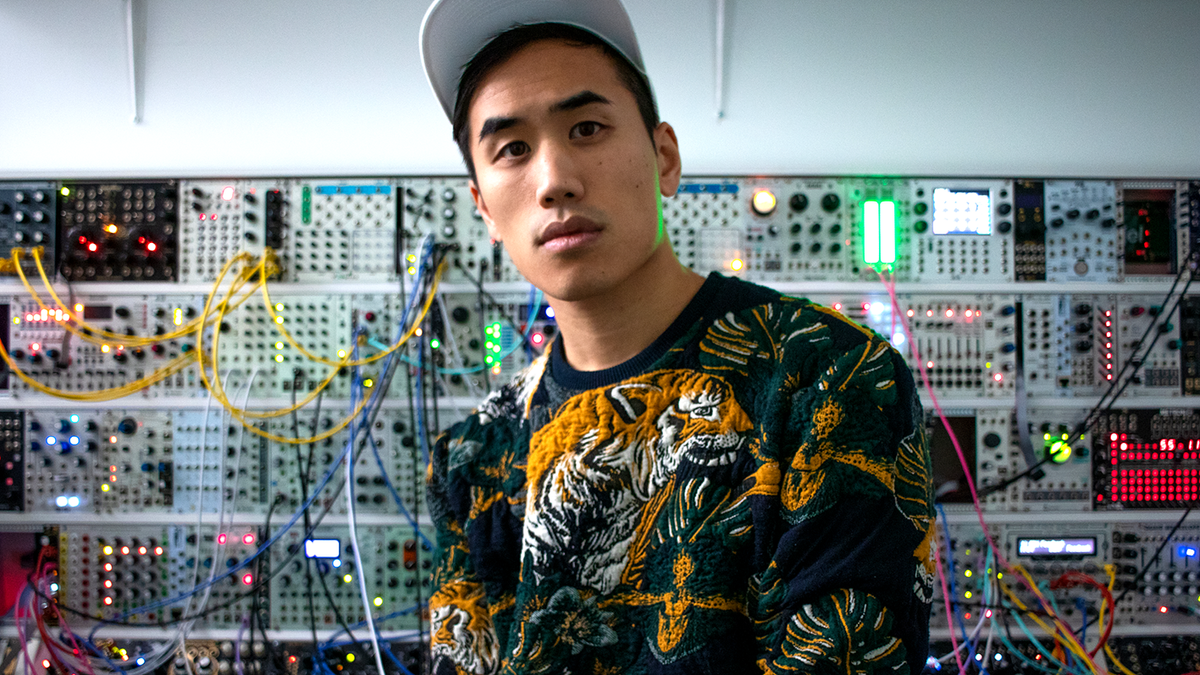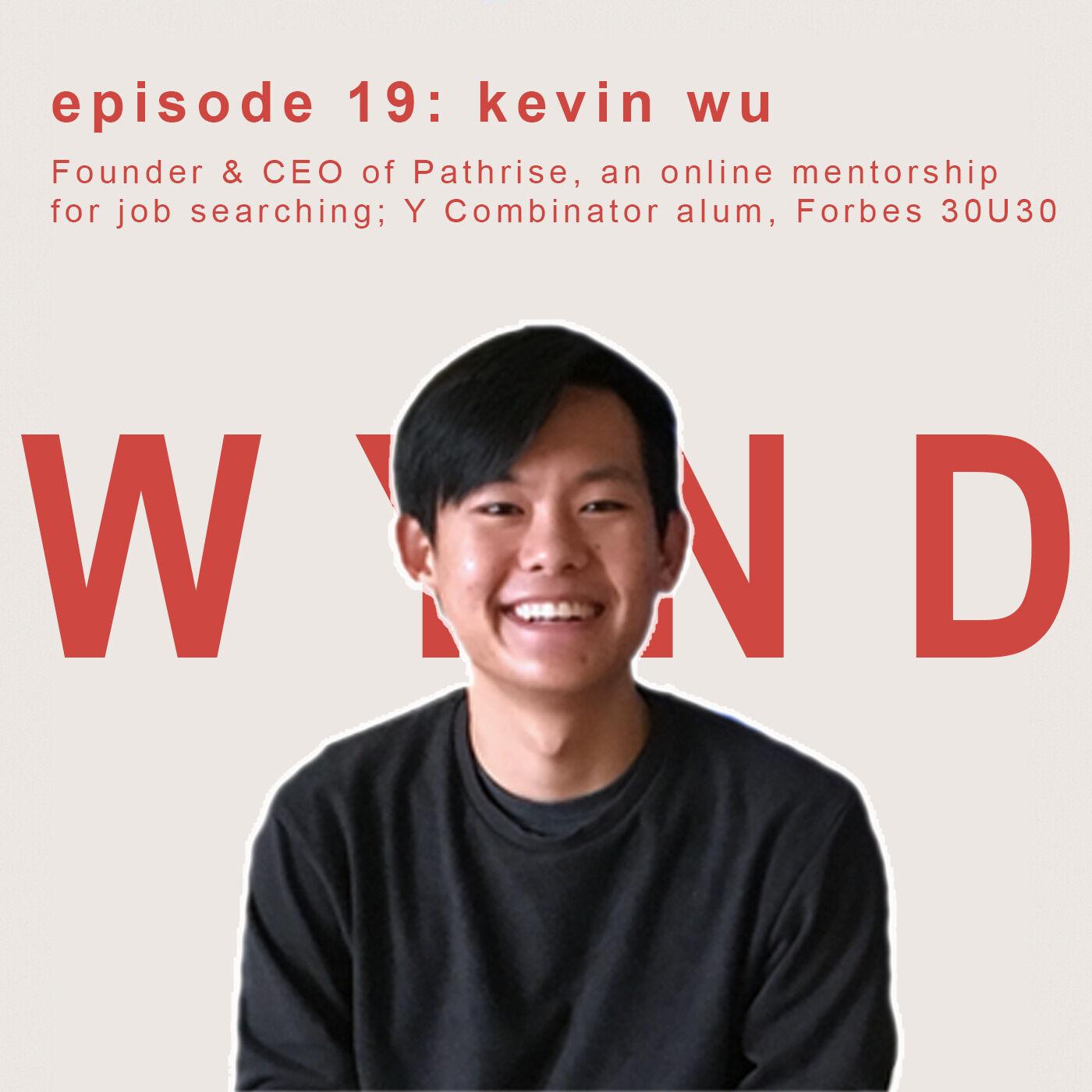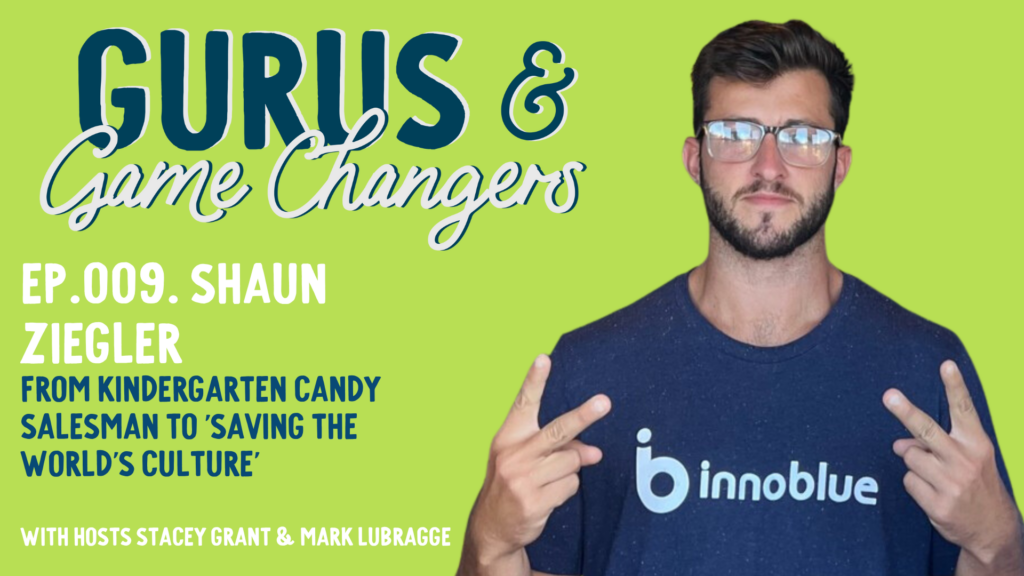Vidya Iyer: A Journey of Innovation and Empowerment
Early Life and Education
Vidya Iyer was born into a middle-class family in Chennai, India, where curiosity and resilience were ingrained in her from a young age. Her parents, both educators, fostered an environment that prioritized learning and critical thinking. Vidya’s fascination with technology began when she was just eight years old, tinkering with her father’s old computer, dismantling and reassembling it out of sheer curiosity. By the time she reached high school, she was already coding basic programs, solving puzzles, and participating in national science competitions.
Her academic excellence earned her a scholarship to study computer science at the Indian Institute of Technology (IIT) Madras, one of Asia’s most prestigious engineering schools. There, Vidya’s passion for technology merged with her growing awareness of societal challenges. She led student initiatives to develop low-cost tech solutions for rural communities, such as a solar-powered water purification system deployed in villages lacking clean drinking water. Her projects garnered attention not only for their innovation but also for their focus on equitable access.
The Spark of Innovation: From Campus to Global Impact
After graduating with top honors, Vidya pursued a master’s degree in Artificial Intelligence at Stanford University. It was here that she began to refine her vision: leveraging cutting-edge technology to address systemic issues like education inequality and healthcare disparities. During her time at Stanford, she co-founded a startup aimed at using machine learning to personalize education for students in underfunded schools. The platform analyzed learning patterns and provided tailored resources, bridging gaps caused by overcrowded classrooms and limited teacher support.
Though the startup faced early challenges—securing funding, scaling the technology, and navigating bureaucratic hurdles in public education systems—Vidya’s tenacity paid off. Within two years, her platform was adopted by over 200 schools across three countries, improving test scores and engagement metrics. Investors took notice, and what began as a student project evolved into a thriving social enterprise.
Pioneering Social Impact Through Technology
Vidya’s work soon expanded beyond education. In 2018, she launched *Project Aarogya*, a nonprofit initiative targeting healthcare accessibility in remote regions. Partnering with local governments and NGOs, her team developed a mobile app that connected villagers with doctors via telemedicine. The app also used AI to diagnose common ailments based on symptoms input by community health workers, many of whom had limited formal training. This innovation proved revolutionary in areas where hospitals were hours away and medical professionals were scarce.
One notable success story emerged from a tribal community in Odisha, India, where *Project Aarogya* reduced maternal mortality rates by 40% within 18 months. By training local women to use the app and basic diagnostic tools, Vidya’s team empowered entire communities to take charge of their health. Her approach—combining technology, grassroots training, and cultural sensitivity—became a model for scalable impact.
A Philosophy Rooted in Empathy and Collaboration
Those who work with Vidya often describe her as a visionary who listens as much as she leads. She credits her collaborative ethos to her upbringing in Chennai, where community and collective progress were valued above individual success. “Technology alone isn’t the answer,” she said in a 2020 TED Talk. “It’s about understanding people’s stories, their struggles, and co-creating solutions that respect their dignity.”
This philosophy permeates her leadership style. At her companies, cross-disciplinary teams—engineers, social workers, and policymakers—work side-by-side to ensure projects remain grounded in real-world needs. Vidya also prioritizes mentorship, particularly for young women in STEM. She frequently visits schools and universities to share her journey, emphasizing that failure is not a setback but a stepping stone.
Breaking Barriers in a Male-Dominated Industry
As a woman in tech, Vidya has faced her share of skepticism. Early in her career, investors questioned her ability to lead technical teams, and peers occasionally dismissed her ideas as “too idealistic.” Rather than retreating, she used these experiences to fuel her advocacy for gender equality. In 2021, she established the *Women in AI Collective*, a global network providing scholarships, mentorship, and funding to female entrepreneurs working in artificial intelligence.
The collective has since supported over 500 women, many of whom have launched ventures in sectors ranging from climate tech to fintech. Vidya’s mantra—“Diversity isn’t a checkbox; it’s the engine of innovation”—resonates deeply in an industry still grappling with inclusion.
A Legacy in the Making
Today, at 34, Vidya Iyer stands at the intersection of technology and social justice, a beacon for aspiring innovators. Her accolades include the *Global Tech Humanitarian Award* and a spot on *Forbes’* “30 Under 30” list, but she measures success by the lives transformed through her work. From rural classrooms to makeshift health clinics, her impact is tangible.
Yet, for Vidya, this is only the beginning. As she often says: “The true potential of technology lies not in its complexity, but in its ability to make the world a little kinder, a little fairer.”
[End of Part 1]
Expanding Horizons: Vidya Iyer’s Global Vision
By the mid-2020s, Vidya Iyer had established herself as a leader in tech-for-good initiatives, but her ambitions stretched far beyond existing projects. Recognizing the interconnectedness of global challenges, she shifted her focus to systemic change, advocating for policies that prioritize ethical AI and digital inclusion. Her efforts caught the attention of organizations like the United Nations, where she became a key advisor on their Sustainable Development Goals (SDGs) task force. Through this role, she spearheaded partnerships between governments, tech giants, and grassroots organizations to tackle issues such as climate change, poverty, and gender inequality through data-driven strategies.
One of her most notable contributions was the *Global Digital Equity Fund*, a $500 million initiative to provide underserved communities with access to technology, training, and infrastructure. Launched in 2022, the fund supported projects like Kenya’s solar-powered internet hubs and Brazil’s AI-driven agricultural advisory systems for small farmers. Vidya’s ability to marry pragmatism with idealism ensured that these solutions were both scalable and culturally adaptive. “Equity isn’t about handing out devices,” she explained at the fund’s inaugural summit. “It’s about empowering people to shape technology in ways that uplift their communities.”
Climate Tech: A New Frontier
Vidya’s work in climate tech began as a side project but quickly became central to her mission. Alarmed by the accelerating climate crisis, she mobilized her team to develop AI models that predict environmental degradation and optimize resource allocation. For instance, her startup created a platform that uses satellite imagery and machine learning to monitor deforestation in real time, alerting local authorities and activists to illegal logging activities. Piloted in Indonesia’s rainforests, the tool helped reduce deforestation rates by 22% in its first year.
She also championed “green AI”—a framework for reducing the carbon footprint of artificial intelligence itself. Under her guidance, companies within her network adopted energy-efficient algorithms and shifted to renewable energy-powered data centers. “If tech is part of the problem, it must be part of the solution,” she declared during a keynote at COP28.
The Human Side of Tech: Personal Reflections
Despite her relentless professional drive, Vidya remains deeply connected to her roots. She attributes much of her resilience to her family, particularly her mother, who taught her to see obstacles as opportunities. In interviews, she often recalls a childhood incident where her school’s computer lab burned down, destroying months of her work. Instead of despairing, she organized a fundraiser to rebuild the lab, learning early that setbacks could spark collective action.
This mindset carried into adulthood. When the COVID-19 pandemic disrupted *Project Aarogya*’s operations, Vidya pivoted swiftly. Her team repurposed their telemedicine app to track virus hotspots and distribute vaccines in collaboration with local leaders. The initiative reached over 2 million people across India and East Africa, reinforcing her belief in agility and empathy-led innovation.
Balancing Act: Leadership and Self-Care
Vidya’s schedule is notoriously demanding, yet she emphasizes the importance of mental health. She practices mindfulness meditation daily and encourages her employees to take “tech detox” weekends. In a 2023 blog post, she wrote candidly about burnout, describing it as “the shadow side of ambition.” Her transparency resonated with millions, sparking conversations about sustainable work cultures in the startup world.
She also finds solace in art, often sketching or playing the violin to unwind. “Creativity isn’t separate from logic,” she says. “Both are tools to make sense of the world.”
Bridging Technology and Humanity
Vidya’s latest venture, *HumaniTech*, seeks to redefine how societies interact with emerging technologies. The organization hosts global forums where ethicists, engineers, and marginalized communities co-design frameworks for AI governance. A landmark achievement came in 2024, when HumaniTech’s guidelines for equitable AI were adopted by the European Union as part of its landmark Digital Rights Act.
One of the project’s most innovative concepts is “participatory AI,” which involves training algorithms on datasets curated by diverse cultural groups. For example, farmers in Ghana collaborated with HumaniTech to develop an AI tool that preserves indigenous agricultural knowledge while integrating modern sustainable practices. This approach not only improves accuracy but also democratizes control over technology.
Education Reimagined
Never one to abandon her first love—education—Vidya recently unveiled *Project Udaan*, an AI-driven platform that delivers personalized learning in over 50 languages. Designed for refugee children and displaced populations, the app works offline to accommodate low connectivity regions. Partnering with UNESCO, the project has already benefited 300,000 learners in conflict zones like Syria and South Sudan.
What sets Udaan apart is its focus on psychosocial support. The app includes chatbots trained to recognize signs of trauma and connect users with counselors—a feature inspired by Vidya’s interactions with children in Ukrainian refugee camps. “Education isn’t just about information,” she says. “It’s about healing and hope.”
Recognition and Influence
Vidya’s impact has earned her a place among the world’s most influential leaders. In 2023, she was named one of *TIME* magazine’s “100 Most Influential People,” with a profile highlighting her “unique blend of technical genius and moral clarity.” She’s also received honorary doctorates from MIT and Oxford, though she jokes that her proudest accolade is the handwritten thank-you notes from village children who use her apps.
Her influence extends to pop culture. A fictionalized version of her appears in the hit Netflix series *Code Red*, where a tech prodigy battles corporate greed to save her nonprofit. Vidya laughs off comparisons but admits the show has sparked interest in STEM careers among young viewers.
The Road Ahead
Looking forward, Vidya is optimistic but clear-eyed about the challenges. She’s currently lobbying for international treaties to regulate facial recognition technology and prevent AI-fueled surveillance in authoritarian regimes. Closer to home, she’s mentoring her younger sister, Priya, who is launching a startup to combat food waste using blockchain.
Yet Vidya’s ultimate goal remains unchanged: to ensure technology serves humanity, not the other way around. As she often reminds her teams, “We’re not just building apps or algorithms—we’re building the future.”
[End of Part 2]
A Lasting Legacy: Vidya Iyer’s Vision for a Better Tomorrow
As Vidya Iyer looks back on her journey, she identifies not just triumphs but also lessons learned. One such lesson came when a well-funded AI project she led failed to gain traction in rural communities. The technology, though cutting-edge, overlooked local customs and economic realities. “We were so focused on innovation that we forgot to listen,” she admitted in a recent interview. The setback became a turning point, pushing her to prioritize inclusivity and grassroots consultation in all future endeavors.
This humility, combined with resilience, defines Vidya’s approach. Today, she is often invited to keynote at tech conferences not just for her achievements but for her willingness to speak about failures and areas for improvement. Her mantra—“The best tech is rooted in humanity”—is more than a slogan; it’s a guiding principle that has earned her the respect of peers and critics alike.
Inspiring the Next Generation
Vidya’s influence extends far beyond her own projects. She has inspired countless young innovators to pursue tech-for-good careers, often sharing her story at schools and coding boot camps. In 2023, she launched the *Vidya Iyer Foundation*, which provides scholarships, mentorship, and resources to underrepresented groups in STEM.
One notable success story is Rohan, a teenager from a slum in Mumbai who built an app to connect street vendors with customers during the pandemic. With Vidya’s guidance, Rohan’s app scaled nationally and eventually merged with a larger platform, impacting millions of livelihoods. Stories like Rohan’s underscore Vidya’s belief that “technology is a multiplier of human potential.”
The Power of Collaboration
Vidya is often asked about the secret to her success. Her response is consistent: collaboration. She has worked with governments, corporations, and activists, forging unlikely alliances to tackle complex problems. For instance, her work with Microsoft and local NGOs in Southeast Asia led to the development of an AI-powered early warning system for natural disasters.
Her collaborations aren’t limited to the tech world. In 2022, she partnered with musicians and artists to create *Echoes*, an immersive installation highlighting climate change’s human impact. The project toured globally, raising awareness and funds for vulnerable communities. “Art and tech aren’t separate,” she said at the exhibition’s launch. “Together, they help us imagine a better future.”
Tackling the Tough Questions
Vidya is unafraid to confront the tough questions surrounding technology. She has been vocal about AI ethics, calling for stricter regulations on biased algorithms and corporate surveillance. In a widely circulated op-ed, she argued that “neutral tech doesn’t exist; every line of code reflects someone’s values.”
Her advocacy has led to tangible outcomes. In 2024, a bill she co-drafted with lawmakers in the U.S. and EU was passed, mandating greater transparency in AI decision-making processes. While some critics argue that such regulations stifle innovation, Vidya counters that they protect society from unintended harm.
A Personal Side: The Woman Behind the Innovator
Those close to Vidya describe her as warm, generous, and intensely private. Despite her global fame, she maintains a small circle of friends and prioritizes family time. Her mother, now retired, still lives in Chennai and remains a source of inspiration. “My mom taught me that success isn’t just about achievements; it’s about the love and kindness you share along the way,” Vidya says.
In her rare moments of downtime, Vidya enjoys classical violin concerts and reading philosophy. She’s an avid fan of thinkers like Martha Nussbaum, whose work on human capabilities resonates with her own focus on empowering marginalized communities.
A Call to Action
As Vidya continues her work, she issues a challenge to fellow innovators: “Technology must be a force for justice, not just efficiency.” She urges today’s generation of technologists to think beyond profit and prestige, to question who benefits from their work, and to co-create solutions with the people they aim to serve.
In a world increasingly shaped by algorithms and data, Vidya Iyer stands as a reminder that the true measure of innovation lies not in its sophistication but in its impact on human lives. As she often says, “The future isn’t about smarter machines; it’s about wiser humans working together.”
A Future Bright with Possibility
Vidya Iyer’s journey is far from over. As she embarks on new ventures and collaborations, her legacy continues to unfold. With every project, she pushes the boundaries of what technology can achieve when guided by empathy, ethics, and a commitment to the greater good. The world watches with anticipation as this remarkable innovator charts a path toward a brighter, more inclusive future—one where technology serves as a bridge, not a barrier.
In the end, Vidya’s story is not just about the tools she’s built or the accolades she’s earned. It’s about the lives she’s touched, the minds she’s inspired, and the hope she’s instilled in a generation. As she would say, “The best is yet to come.”
[End of Article]



















Comments